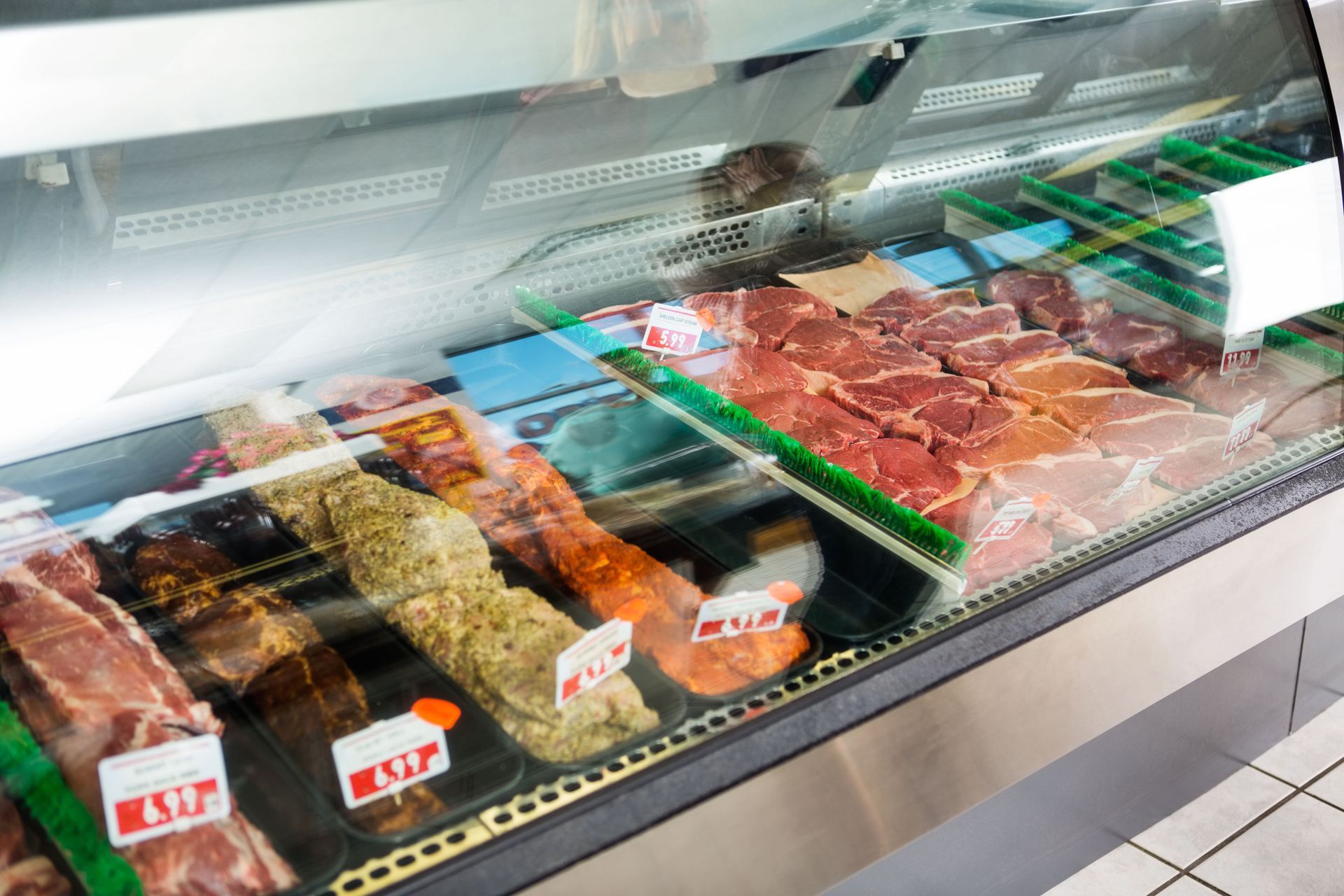How Does a Discount Grocery Store Keep Prices Low?
Grocery shopping is a significant part of the monthly budget for most households and with the annual increase in food prices, saving money has become more crucial than ever. Discount grocery stores are often a beacon of hope for budget-conscious shoppers, offering quality products at prices that seem too good to be true. How do these stores maintain such low prices in an economy where food costs are spiraling upwards? Let's delve into the strategies that enable a discount grocery store to offer wallet-friendly prices to their customers.
Minimizing Overhead Costs
One primary strategy that discount grocery stores employ is minimizing overhead costs. These stores usually adopt a warehouse-style layout, stacking products on pallets rather than investing heavily in elaborate displays. This minimalist approach reduces the need for excessive staff and elaborate merchandising, dramatically slashing operational costs. Additionally, many discount grocers lease space in less expensive locations, avoiding the higher rents of more premium shopping districts. This lean operational model allows the savings to be passed directly onto the consumer.
Bulk Purchasing and Efficient Supply Chains
Another critical factor in keeping prices low is the focus on bulk purchasing and efficient supply chains. Discount grocers often buy in large volumes and maintain strong relationships with suppliers to negotiate better deals. Bulk buying reduces the per-unit cost significantly, enabling stores to offer discounts to customers. With food prices up by 28% from 2019 to 2024 according to NerdWallet, this approach becomes even more vital. By optimizing their supply chain, these stores decrease markdowns and spoilage, ensuring fresher products reach the shelves at lower costs.
Private Labels and Limited Inventory
Lastly, a
discount grocery store often emphasizes private-label products over national brands. Private labels dramatically cut costs by cutting out the brand premium associated with well-known labels, offering similar quality at a fraction of the price. These stores also limit the assortment to best-selling and essential products, which enhances inventory turnover and reduces lagging stock. By focusing on private labels and specific inventories, discount grocers can direct savings back to the consumer while still maintaining a healthy profit margin.
In conclusion, the ability of discount grocery stores to keep prices low hinges on a combination of strategic cost management, efficient supply chains, and a focus on private labels. By cutting down on unnecessary expenses and leveraging bulk purchasing, they effectively pass savings down to their customers. For shoppers keen on saving money while not compromising on quality, discount grocery stores offer an attractive alternative to traditional supermarkets. Amidst rising food prices, the relevance of these stores continues to grow, providing a valuable service in today's economic climate. Come visit us at Hutson's Discount Groceries today!
Our Return Policy
Hutson’s Discount Groceries wants you to know that the products in the store are regulated by the USDA consumer services. We strive to get the best quality products, and priced items for you and your family. We stand behind our products, if you are not satisfied with your purchase, please return the item with the receipt for a full refund or exchange. Thank you.
Learn More About Hutson's Discount Groceries
Located in Port Richey, FL. Hutson's Discount Groceries specializes in grocery products and discounted offerings. 100% product quality guarantee. Seasonal promotions. Weekly specials. Contact us today.
Business Hours
- Mon - Sat
- -
- Sunday
- -



Share On: